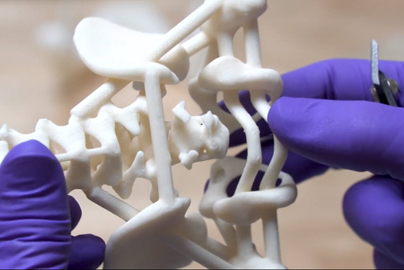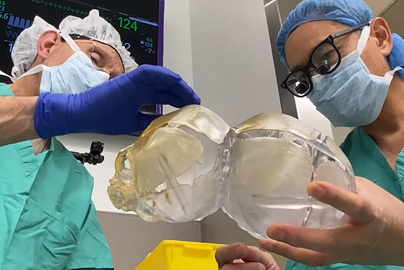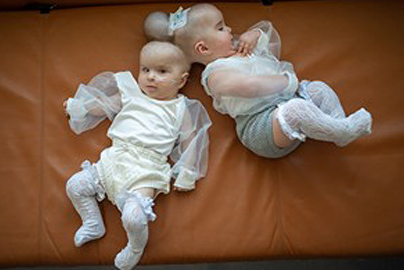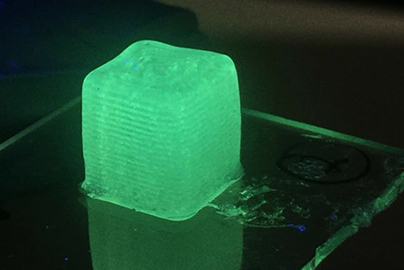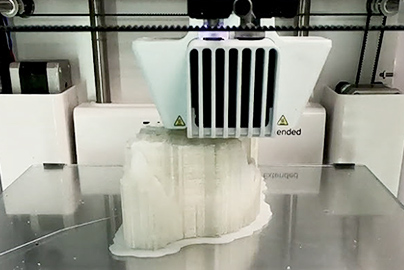News
-
3D printed models provide road map to rare Cloacal repair surgeries
ApplicationsThree-dimensional models provide road map to cloacal repairs
One in 50,000 girls are born with a cloaca, which is a rare, congenital malformation in which the genital tract, the urinary tract and the colorectal or intestinal tract end together in one channel, instead of being three separate structures. Cloacal repair is a rare and delicate surgical procedure that many pediatric surgeons will never encounter in their lifetime. UC Davis pediatric surgeon Payam Saadai specializes in this type of surgery and is committed to helping children born with a cloaca to have the best possible future. Using 3D models created at the 3D PrintViz Lab on the UC Davis Health campus in Sacramento, surgical teams have been able to plan cloacal surgeries like never before. These models provide a veritable road map that makes all the difference.
-
Separating Conjoined Twins Part 3: Preparing for the Surgery of a Lifetime
ApplicationsPreparing for the Surgery of a Lifetime
With a surgery date scheduled, members of the medical team continue intense preparation for what will be – for most of them – the most complicated case of their careers. From goggles that map out the nerves and blood vessels, to 3D models of the skulls and choreographed rehearsals in the surgical suite – the preparation is like a dance, with everyone having a clear role and even their own color-coded clothing. Soon, it is the night before the separation surgery.
-
Applications
Rare set of conjoined twins separated at UC Davis Health
More about separating these conjoined twinsarrow_forwardUC Davis Health took on one of the greatest surgical challenges - separating twin little girls. 3D prints made at the 3DPrintViz lab was one of the many tools used to plan every stage of their procedure. This allowed the surgical team to practice their techniques and explore their imaging in mixed reality visualization.
-
New Tech
New technique allows 3D printing of flexible materials
More about 3D printing flexible materialsarrow_forwardCheck out some of the cutting edge research in printing materials. Exploring new materials for 3D printing allows the tech to enter new avenues for our clients.
-
3D Printing: "A Surgical Game Changer" - Timelapse of 3D Printing Process at UC Davis Med Center
New Tech3D printing becoming a surgical game changer
View our video on how 3D printing is shaking up the field of surgery.

